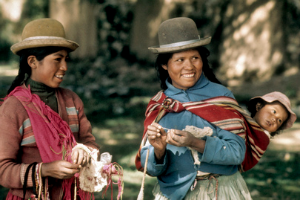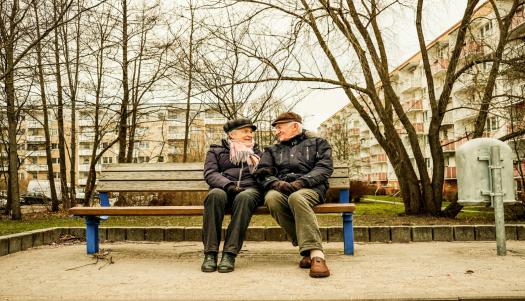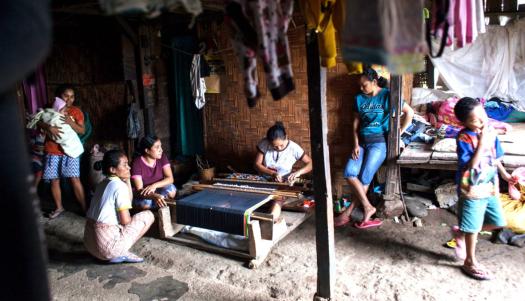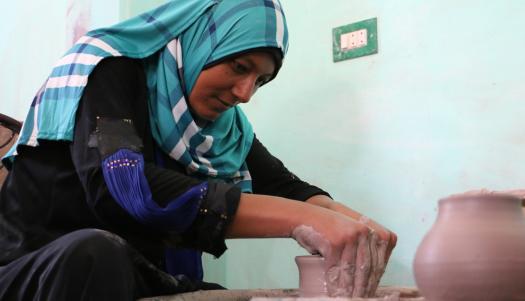 By Professor Megan Davis, Chair of the Permanent Forum on Indigenous Issues
By Professor Megan Davis, Chair of the Permanent Forum on Indigenous Issues
Indigenous women in rural areas can become drivers of change and poverty eradication. Today on the International Day of Rural Women, we would like to pay tribute to the tremendous contributions that Indigenous women make to the well-being of their families, communities and national economies.
In their villages, the Indigenous women often constitute a major share of the agricultural labour force, are essential for food production and collection of water and fuel and moreover, carry most of the responsibilities for reproduction and unpaid care work. They are the key to ensuring agricultural development, food security and poverty eradication.
Yet, Indigenous women in rural areas are often prevented from realising their full capabilities, as they struggle to overcome poverty, discrimination and multiple challenges to basic human rights.
Evidence from a United Nations Inter Agency Assessment of the Millennium Development Goals shows that rural women in general are lagging behind on almost all development indicators compared to rural men – and to urban women and men as well. They are less educated, live shorter lives, have less control over productive resources, lack access to social services and are often excluded from participating in political processes.
Amongst the rural women, Indigenous women face tremendous obstacles. In many cases, the loss of ancestral lands and natural resources leads to economic insecurity, but also challenges their rights to their traditional livelihoods, their cultural identity and development. Many Indigenous women face additional layers of discrimination and exclusion when trying to access basic services, due to the way they dress, talk or are perceived as being ‘different.’
A major challenge is the lack of rights to land and other productive assets. Despite the international recognition of women’s equal rights to economic resources, complex obstacles remain such as inequitable laws on inheritance and marriage, land reforms that tend to privilege men, and discriminatory attitudes and beliefs against women. This structural injustice keeps Indigenous women impoverished, dependent and vulnerable.
While the recently adopted 2030 Agenda on Sustainable Development talks about eradicating extreme poverty and placing the furthest behind first, Indigenous women in rural areas must be at the centre of these efforts. They are discriminated as women. They are discriminated as Indigenous. And they are discriminated as rural. We must help break these triple layers of discrimination.
Today, on the International Day of Rural Women, we call on global, national and local leaders to make the 2030 Agenda truly transformative for and with Indigenous women from rural backgrounds. This requires empowering them economically through better access to and control over land and productive resources – and politically through bringing their voice to decision making forums at all levels.
 Welcome to the United Nations
Welcome to the United Nations


